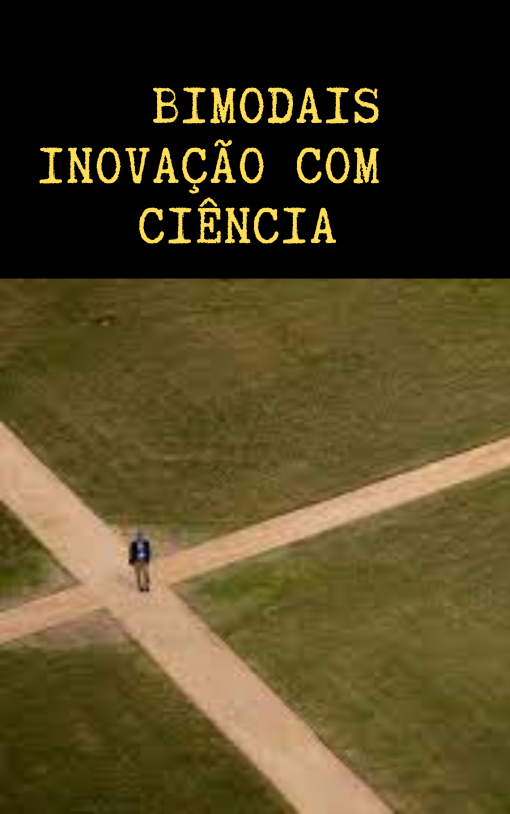We have always organized ourselves in networks.
We’ve always needed knowledge and information for our survival.
Thus, I don’t think it’s accurate to state that we are the first knowledge, information or networked society.
According to this view, humanity would not have a history.
A new society in which some things that hadn’t been seen before emerged from nothing, as a half-ET giant!
Beware of some US technology authors because they don’t like world history…

Is the giant unknown?
Based on this logic, we are experiencing those aberrations for the first time. In fact, all we are living through has a past.

The Internet is not a flying saucer!
The family is a network.
The company is a network.
Countries are networks.
They are all articulated in a certain way.
Thus, there are networks and networks.
We can say that there is a broader and more general network – the knowledge network – in which there is a prevailing, ever-changing, and increasingly sophisticated form of information circulation in society. Hence, creating different informational ecologies.
In an arbitrary way, as other cleavages of the past are also possible, we can identify – inspired by Lévy – three large knowledge networks in human history:
- The oral network – based on speech – allowed networking between human beings in the same location, according to a one-to-one interactive model;
- The written network – based on alphabets – made possible networking between humans, when the emitter was far from the receptor, according to an one-to-many interactive model;
- An finally the digital network which begins with the computer, allowing the digitalization of past records. The arrival of the Internet made  possible the interactive model of many-to-many at a distance.
These long cycles enabled advances in society and made up informational environments that supported the neck-breaking population growth, enabling the needed exchange of ideas.

It’s interesting to note that each one of those networks had its own evolution, with a logic, let’s say, quite similar. Their in-depth study will make it possible for us not only to understand certain Internet cycles, but also what probably lies ahead.
There is a logic that is repeated!
Let’s say that each network goes through the following cycles:
- · A new informational technology emerges in rudimentary form and is utilized by the nerds of its epoch;
- · An industry or entrepreneurs disseminate the new technology (speakers, scribes, booksellers, computer manufacturers, etc.), reducing the cost of “accessing” the new platforms, as in the case of broadband;
- · Thus, the new technology becomes massive and it starts to be transformed into culture (see web 2.0 when broadband use became intensive);
- · Society adjusts to the new form of producing knowledge;
- · Society is changed. The human world is shaped by the new form of articulation of the new network. The current case is the articulation of many-to-many.

Advancing doesn't always mean evolution...
- · Demand for new informational environments to solve past problems increases;
- · Within this process, a new embryonic network emerges, enriching the previous one in a continuous cycle of change.

Note that networks do not clash, they merge.
In an intelligent way, people use what is best in each one of them, in a wise process of survival.
It seems to me that this logic takes us closer to what is actually happening, enabling us to visualize the future of new forms of articulation. Based on the history of new informational articulations, I assume they will be of the type I-robot (intelligent information agent) and robots-robots (negotiating on our behalf) – but this is matter for another posting.
What do you say?
I complemented this discussion with: Knowledge platforms: decipher me or I’ll devour you!
Twitter in English (only to English speakers. Follow me.
Translated by Jones de Freitas.
Edited by Phil Stuart Cournoyer.
This post in Portuguese.






